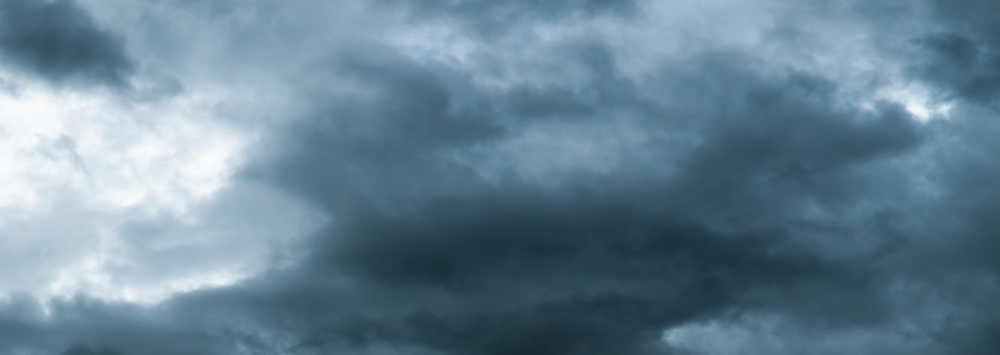By Shaela Lundy
People always say to “just go with your gut feeling” and quote, “what you think, you become,” or “watch your thoughts, they become words; watch your words, they become actions…” But for me, I have always felt gut feelings I would never want to believe or act on and thought things that could never be said out loud. What would the speakers of these expressions think of me if they knew what went through my head? “So,” I reasoned, “I must be a bad person.”
People struggling with OCD may question whether or not they are moral through countless lenses, worry at the thought of potential harm, be on the alert for contamination, and so much more, depending on the subtype. These are some of the recurring themes that my OCD chooses to flood me with. When I was around eleven years old, this was beyond scary because I had no idea that what I was experiencing was OCD. I thought I was a bad person. When my intrusive thoughts first started appearing, I would admit them to my mom, no matter how ashamed they made me feel, to relieve myself of anxiety. This reassurance-seeking, along with trying to quiet my mind by telling myself “nononononono” or “shut up” before I thought of something I did not like, were some of my first compulsions.
It was about halfway through grade ten when I started wondering if I had OCD. I started seeing Instagram posts about it that I related highly with and felt understood through. I was seeing a talk therapist at this point and started mentioning my potential OCD to her. Because talk therapy can be harmful to people with OCD (Overbaugh, 2022), she unintentionally made my situation worse. During grade ten and grade eleven, I considered myself self-diagnosed with OCD and, in grade eleven, I started seeing a psychotherapist who was trained in OCD treatment. Tragically, this therapist passed away during the summer before my grade twelve year. Recently, I have started seeing a psychologist who was able to diagnose me with OCD and with whom I have started exposure therapy. My OCD has gotten much worse in a lot of ways since I first started noticing intrusive thoughts. I have more compulsions, more subtypes, more themes, and more obsessions. But at the same time, I am now aware of why my brain acts the way it does, I know so much more about OCD, and I am doing exposure therapy. Though I often still worry about it, I am getting better at accepting that I am not a bad person.
I have become very aware of OCD representation in the media and how it is viewed in society. I have started noticing everything, from offensive jokes about OCD and it being portrayed as a quirk, to very subtle misuses like “I am so OCD,” to huge stigmatizations. I was once asked- jokingly- if I have OCD, when I moved something to the perfect spot so that I could see over it. I replied that I actually do but that this should not have been the tell- I do not even have placement OCD. To me, this showed how OCD is reduced to certain subtypes and how what it is reduced to is not even OCD tendencies- they are characteristics that any person can have, regardless of whether or not they have OCD.
OCD is very misunderstood, and I want to make a difference. In my Introduction to Anthropology, Psychology, and Sociology course, I did my summative project on OCD. My research questions were, anthropologically, “How does society treat OCD, and from where do the stereotypes come/why has it become a joke?” and, psychologically, “How does the treatment of OCD differ from the treatment of other anxiety disorders, and why do certain methods not work?” After researching both questions, I ended up focusing on my anthropological question, as I wanted to use it as an opportunity to make a difference in how OCD is seen. It is because of this project that I am writing this story. The final step- involving the community- led me back to this website after I had used it for research in the annotated bibliography stage of the project. I decided to share my experience so as to be part of the change in society’s view of OCD. And for those who still wonder if they are bad people- you are not!
-
Shaela is currently a grade twelve music student at an arts concentration high school in Canada. Turning 18 this year, she plays trombone, is involved in many music extracurriculars, plays competitive softball, and speaks French and Spanish.


Leave a Reply